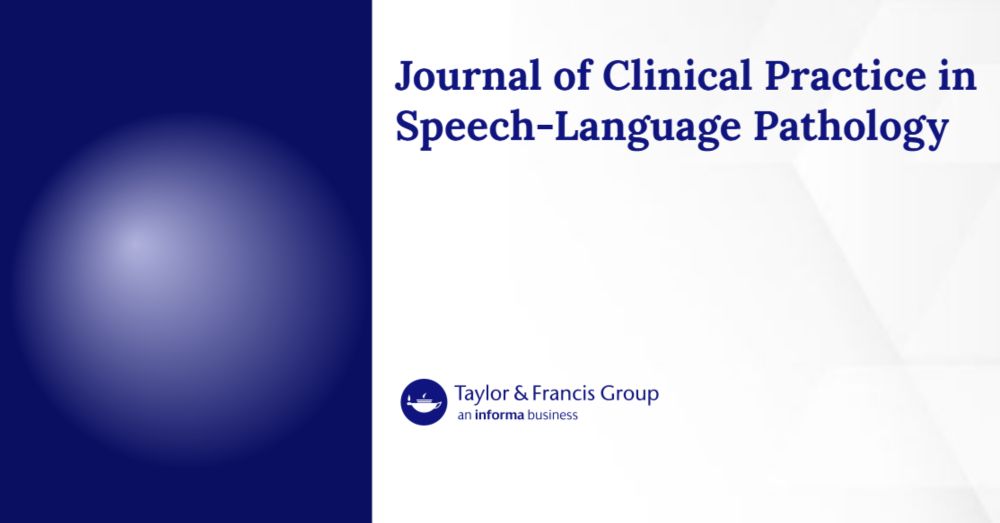
Klieve, S., & @hannahstark.bsky.social Stark, H. (2025). Teachers’ perspectives of speech language pathology reports for students with communication needs. Journal of Clinical Practice in Speech-Language Pathology, 27(1), 112–130. doi.org/10.1080/2200...
🦋 #bskySPEECHIES

Klieve, S., & @hannahstark.bsky.social Stark, H. (2025). Teachers’ perspectives of speech language pathology reports for students with communication needs. Journal of Clinical Practice in Speech-Language Pathology, 27(1), 112–130. doi.org/10.1080/2200...
🦋 #bskySPEECHIES
findanexpert.unimelb.edu.au/opportunity/...

findanexpert.unimelb.edu.au/opportunity/...
Please join my University of Melbourne colleagues for the upcoming symposium: “The Early Language in Victoria Study: Reflections and Policy Impacts over 21 years”.
14th March 10:30am – 3:30pm AEDT.
www.eventbrite.com.au/e/elvs-resea...
Please join my University of Melbourne colleagues for the upcoming symposium: “The Early Language in Victoria Study: Reflections and Policy Impacts over 21 years”.
14th March 10:30am – 3:30pm AEDT.
www.eventbrite.com.au/e/elvs-resea...
findanexpert.unimelb.edu.au/opportunity/...

findanexpert.unimelb.edu.au/opportunity/...


